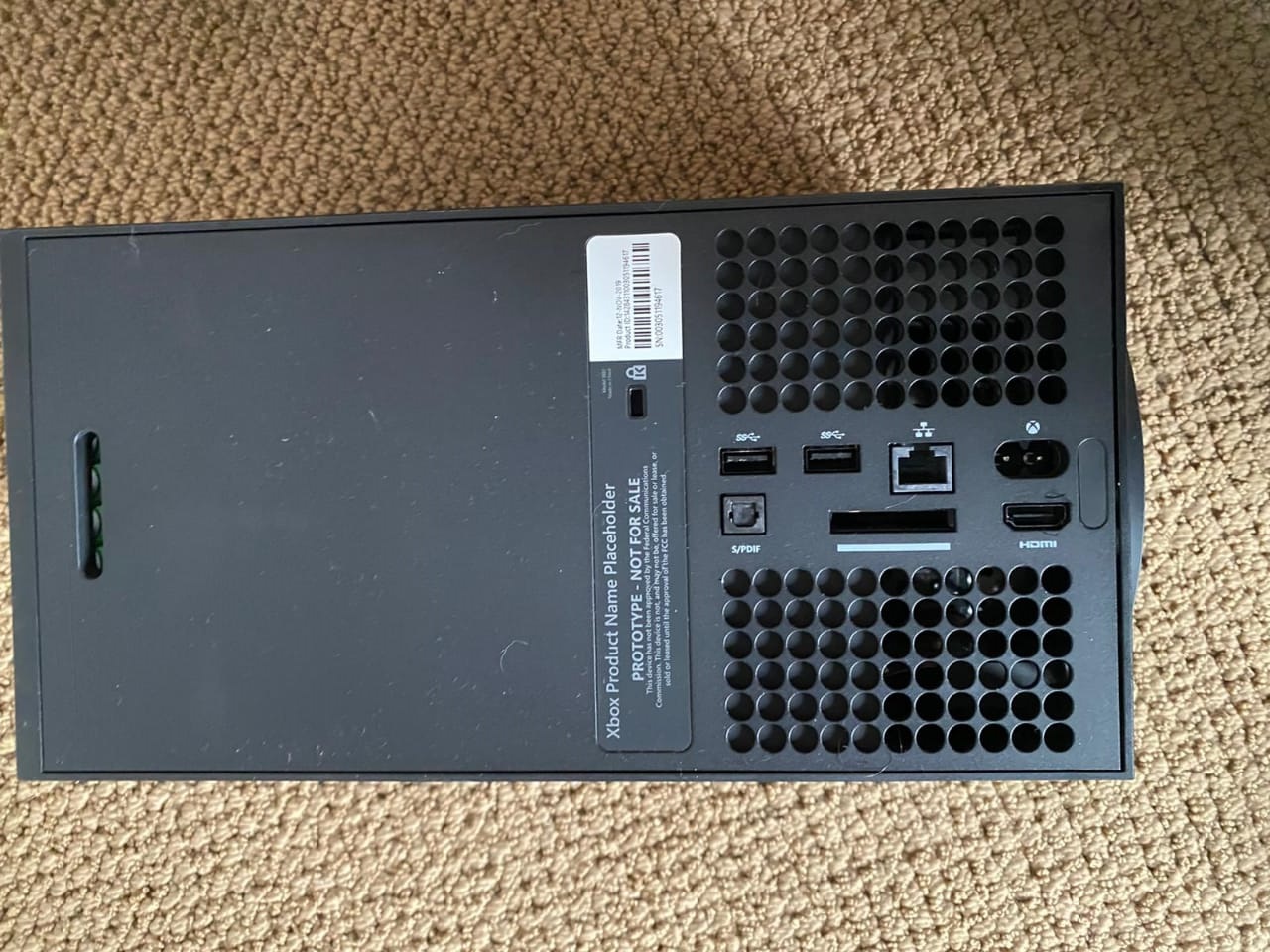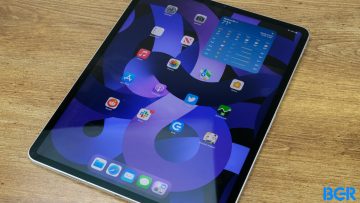- The starting prices for the PS5 and Xbox Series X console are still a mystery, but you should be ready to pay more money for a next-gen gaming experience you expect.
- Both the PlayStation 5 and the new Xbox will support a critical connectivity standard that will require an additional purchase this year, a brand new TV.
- HDMI 2.1 might be the last thing you think of when buying a new console, but the new standard is key for several marquee gaming features that will be introduced by Sony and Microsoft’s new consoles.
- Visit BGR’s homepage for more stories.
For months now, we’ve been talking about the most important thing when it comes to the upcoming video game console generation, the price. Both the PlayStation 5 and the Xbox Series X will feature similar specs, and they’re expected to have similar price tags. But that formidable performance that both Sony and Microsoft teased doesn’t come cheap. You shouldn’t expect the PS5 and Xbox to be as affordable as the current PS4 Pro and Xbox One X. Reports say that $499 might be the best price for both devices, although neither Sony nor Microsoft is willing to announce the stating price just yet. But other rumors say the best PS5 and 2020 Xbox versions might cost well over $500, which cheaper versions to hit that sub-$500 price point. Regardless of how much the new consoles will cost, it’s likely that you’ll have to pay even more money this fall to enjoy the sophisticated gaming features both consoles promise. And that’s because the console isn’t the only entertainment upgrade your living room might require.
Microsoft a few weeks ago confirmed that the Series X will support 120Hz gameplay at 4K, as well as support for 8K content. While 8K gaming might sound great on paper, it’ll probably be a rare thing in the Xbox’s first years. But you will need an 8K TV to handle 8K content in the future.
What’s clear is that the Xbox Series X will support 4K/60fps and 4K/120fps gaming, which will require a TV, monitor, or projector with support for HDMI 2.1 connectivity. Sony hasn’t revealed as many details about its next console as Microsoft, but the PS5 will also support 4K gameplay at 120Hz, which means it’ll need to connect to the screen via an HDMI 2.1 port.

As Polygon explains, the HDMI 2.1 standard is a huge update over HDMI 2.0, including new features such as dynamic HDR, enhanced audio return channel (eARC), and the aforementioned ALLM and VRR.” ALLM or auto low-latency mode and VRR or variable refresh rates are also confirmed specs of the Series X, by the way.
HDMI 2.1 also supports quick frame transport (QFT) and quick media switching (QMS). QFT reduces the latency between the moment the GPU produces a frame and the moment it appears on the screen, while QMS eliminates black screens that might appear when you switch content at different frame rates.
What HDMI 2.1 support really means is that you’ll need a brand new screen to take advantage of the new consoles’ best features. You’ll be able to hook up the PS5 or Xbox Series X to HDMI 2.0, of course, but you’ll need a 2019 or 2020 TV to make the most of your console. Luckily, you’ll be able to take advantage of plenty of great Black Friday TV deals before the PS5, and new Xbox launches. However, you’ll have to make sure that the HDMI 2.1-ready device you buy actually supports all the technologies above before you buy it. That’s ALLM, VRR, QFT, QMS, and any other gaming features that might be dependent on the piece of cable and the ports that connect the console to the screen.
In other words, you’ll have to shell out more cash for the next-gen gaming experience than you expect. Regardless of whether the PS5 and Xbox Series X are affordable or not, a new TV purchase might be required.








